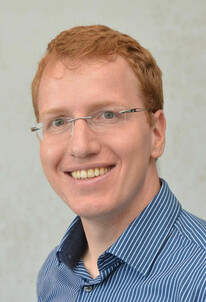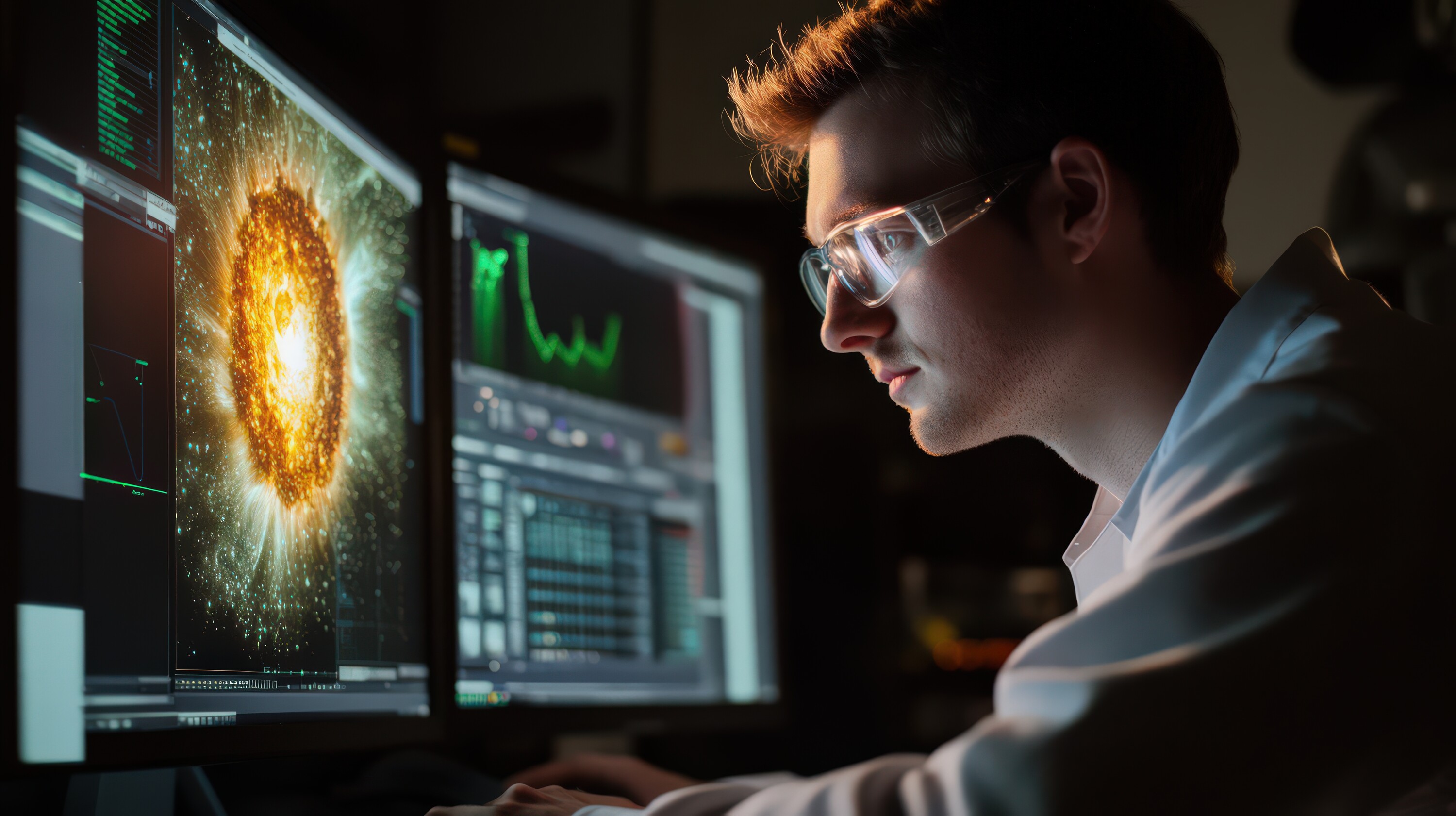Scientific Computing und Computational Physics
A fruitful relationship between technology and mathematics to solve real problems
“The book of nature is written in the language of mathematics,” was Galileo Galilei's pioneering view. Unfortunately, this language is already so complex for most technically relevant problems that we cannot derive any practical benefit from it without the use of computers. However, the development of an efficient calculation model can itself be a challenge and therefore requires specialized knowledge and experience. The Scientific Computing and Computational Physics competence area supports partners from industry and research with a competent team of numericists, physicists and engineers in the development, implementation and application of such methods. Especially in the fields of heat and material transport, fluid dynamics and food physics, we have already been able to realize many successful projects with our partners. With the help of advanced computer models, industrial processes can be optimized or new product ideas developed. Contact us if you would like to write a small chapter in Galileo's book of nature together with us.
Heat and material transport
Heat transfer plays a fundamental role in many industrial processes. Typical examples are the heating or cooling of a body. There can be different objectives here. For example, the focus may be on transferring heat as quickly as possible or as efficiently as possible. Another challenge could be the reduction of heat transfer. In order to analyze such processes precisely, we rely on the simulation of partial differential equations. If necessary, we also determine any material parameters ourselves. A hot disk is available to us in the working group for this purpose.

Fluid dynamics
Understanding flowing gases or liquids is essential in many technical areas. While in one case the aim is to achieve the most laminar flow possible, in another case turbulent flow can be advantageous, for example, for the most efficient mixing of different phases. Our experts in aero- and hydrodynamics will also be happy to assist you with more specific issues such as hydrodynamic focusing.
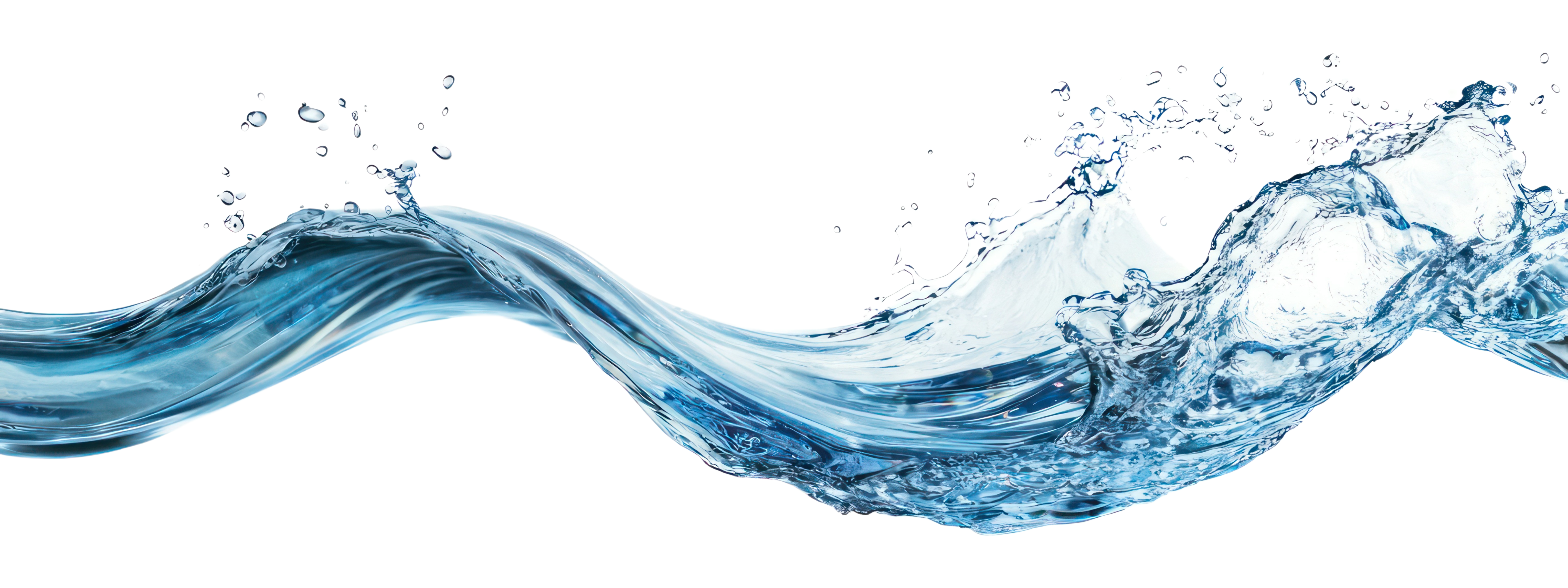
Food Physics
By 2050, there will be around 10 billion people on the planet. A secure, healthy and sustainable diet is essential. Our work in food physics and process engineering contributes to the sustainability goals of the United Nations.
Methods from scientific computing and computational physics can be applied to processes from cultivation and processing to the consumption of food. We use modeling and simulation of complex systems and apply data analysis and image processing techniques to develop new processes, controls, predictive maintenance applications and soft sensors for production, storage and processing. This increases efficiency, minimizes waste and improves food safety.
We look forward to developing successful solutions with you.
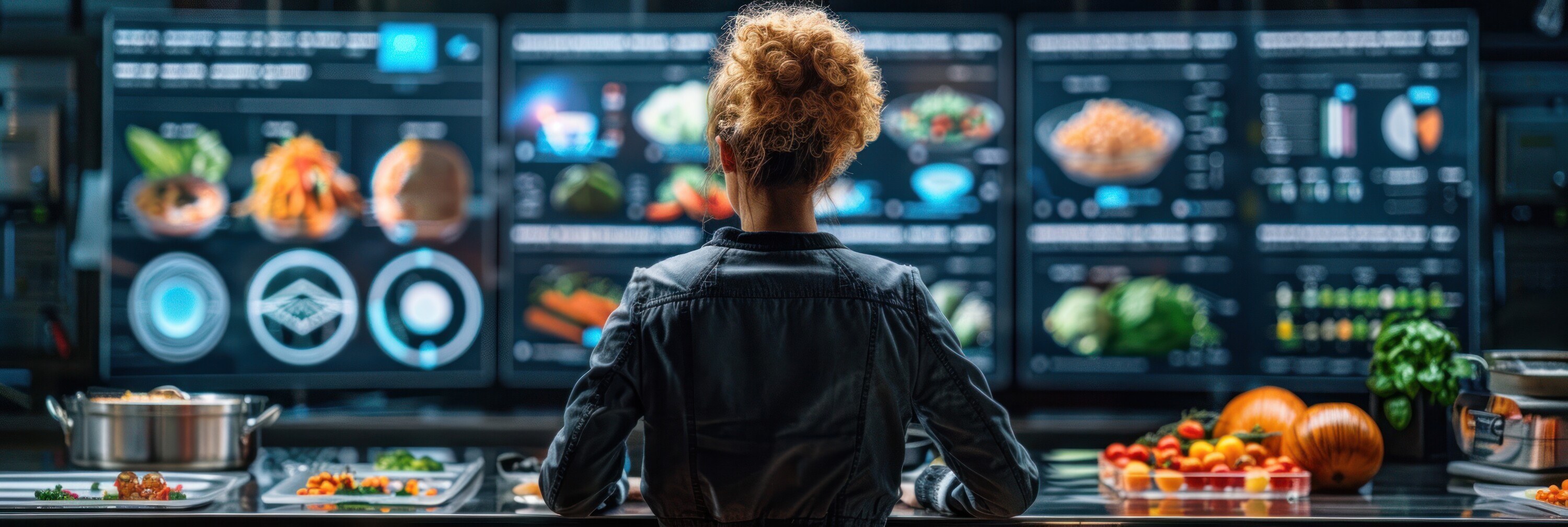
Optimization
The optimization of products and processes is the focus of many development projects. Optimization methods range from simple parameter optimization to optimization using surrogate models and optimization with partial differential equations. Which method is most effective depends largely on the problem. It is best to contact us directly!

Your contact persons
Prof. Dr. Hans Fritz
ICE Institut für Computational Engineering Teamleiter Scientific Computing und Computational Physics, Professor für Mathematik
+41 58 257 33 54 hans.fritz@ost.ch
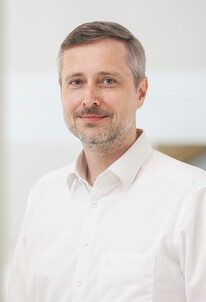
Prof. Dr. Wolfgang Wiedemair
ICE Institut für Computational Engineering Professor für Mathematik, Statistik und Modellbildung
+41 58 257 34 81 wolfgang.wiedemair@ost.ch
